Science of sleep is a complex process that is still poorly defined. We really don’t know why we sleep, despite more than a century of research. However, scientists have made a number of exciting discoveries over the years, including the fact that sleep is vital for memory and not sleeping can make pain much worse and healing more difficult. So here are nine findings that have shifted scientists’ perspectives on sleep. So, let’s go and find out the facts about sleep.
Table of Contents
ToggleFacts about sleep
1. Not sleeping will kill you
Humans routinely put off going to bed. We stay awake for parties and study for tests. However, staying without sleep for an extended period of time can kill you, as we know from one specific Italian family.
Giacomo, a Venetian man, became inexplicably ill in the 1800s. He died after suffering from dementia and sleeplessness. His illness was handed down through the generations, and the ailment is still present in the family today. When doctors were eventually able to pinpoint the cause of the 1970s, they discovered deadly familial insomnia, an exceptionally rare incurable genetic condition. Progressive sleeplessness is the predominant symptom, which leads to hallucinations, delirium, and death.
We know which genetic mutation causes the sickness, despite the fact that it is quite rare. The thalamus, which regulates sleep and consciousness, is thought to be damaged by this mutation, according to specialists. Since the body is never able to rest, the increasing inability to sleep eventually leads to death. Organs begin to fail all the time when metabolism is cranked up. It’s likely that FFI patients die from causes other than lack of sleep.

However, tests on rats conducted in the 1980s revealed that sleep deprivation is lethal on its own. Sleep-deprived rats suffered a variety of metabolic issues, including losing weight, increased metabolism, and variable body temperatures, and all of these rats died within two to three weeks.
2. Sleep solidifies memory
Sleep aids memory consolidation. That may appear self-evident. Who hasn’t been reminded by a teacher to get a good night’s sleep before a big test? However, it wasn’t until approximately a century ago that biologists realized that sleep was crucial for memory storage. A number of experts taught a list of nonsense words to individuals in the 1920s. People who received a good night’s sleep fared better on the test than those who didn’t get enough sleep between memorizing the list and taking it. This study spawned a flurry of others that discovered a substantial link between certain types of memories and sleep.
Distinct types of memory depend on different brain circuits, as you can see. Declarative memories are memories of events and information that rely on the hippocampus, a part of the brain. Non-declarative memory is distinct from declarative memory. The type of memory that allows you to develop habits and physical abilities such as playing the piano. Sleep, it turns out, is particularly critical for the brain’s ability to preserve declarative memory. So your teachers are correct when they encourage you to sleep the night before the test. It’s critical for remembering numbers and facts.
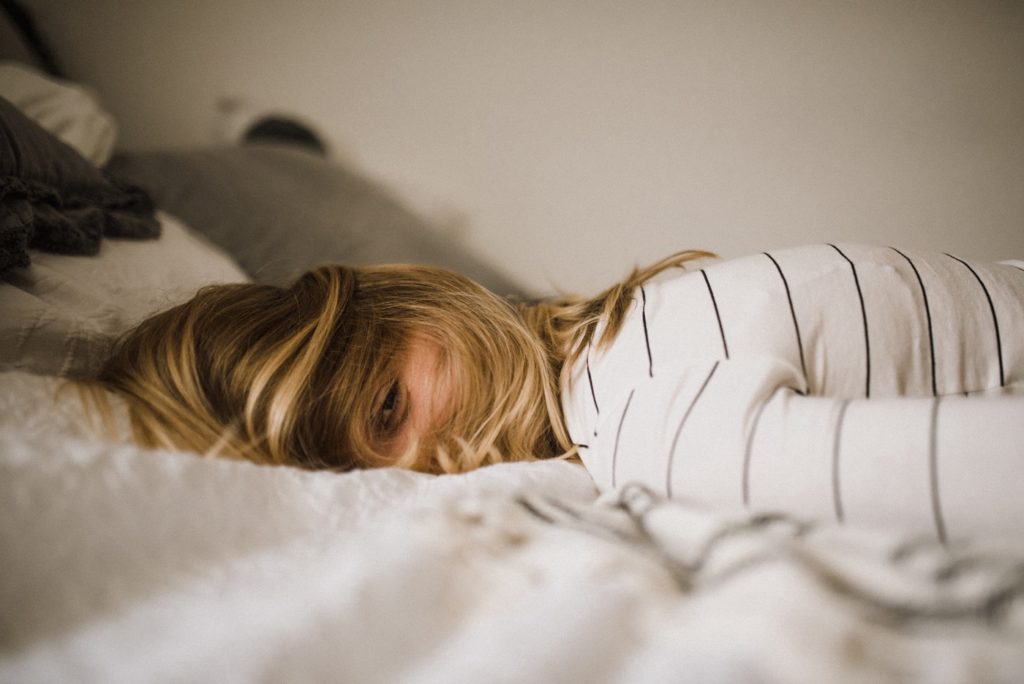
Non-REM sleep has been discovered to be critical for this process in other research. Non-rapid eye movement sleep is what it’s called. Even if you revisit your lectures in your dreams, your brain is constantly at work consolidating those memories even when you aren’t dreaming.
3. Your brain is active during sleep
Your brain is extremely active while you sleep, which may come as no surprise. But biologists didn’t realize it until the 1920s, when they used electrodes to monitor brain activity non-invasively on people’s scalps. Scientists assume that the brain goes silent while you sleep because it feels like your mind is shutting down. However, after they began measuring brain activity,

they discovered that this is not the case. They employed a novel technology called electroencephalography (EEG), which records electrical signals generated by brain neuron activity. They found that rather than silence, the sleeping brain is controlled by large, slow waves of activity when they record people’s brains while they sleep.
More study has uncovered the relationship between different sleep stages and varied wave patterns. And it clarified the distinction between REM and non-REM sleep. The concept that the brain is active throughout sleep and that different sleep phases correspond to various types of wave patterns revolutionized sleep research and paved the path for several other new studies.
4. Sleep and wake signals
At the same time as scientists were finding sleep waves, a neurologist named Constantin von Economo was treating encephalitis lethargica patients. Inflammation of the brain, lethargy, and, in severe cases, an irreversible coma-like state are all symptoms of the disease. Von Ecomono realized that specific brain regions might be involved in sleeping and waking after connecting the dots between the location of brain inflammation and the sleep disorders associated with the disease. He was correct in his assumption that the brain stem is the center of the arousal system and that it is the brainstem that delivers the waking signal to the forebrain.
He also assumed that the hypothalamus is an essential sleep area that aids in the shift from awake to sleeping. Many fields of research, such as treating narcolepsy and other sleep disorders, rely on understanding how the brain shifts between sleeping and awake. And von Economo’s thorough investigation of the disease, as well as his idea about how the brain could control sleep, paved the way for coming generations of researchers to better understand the circuits and signals that regulate sleep.
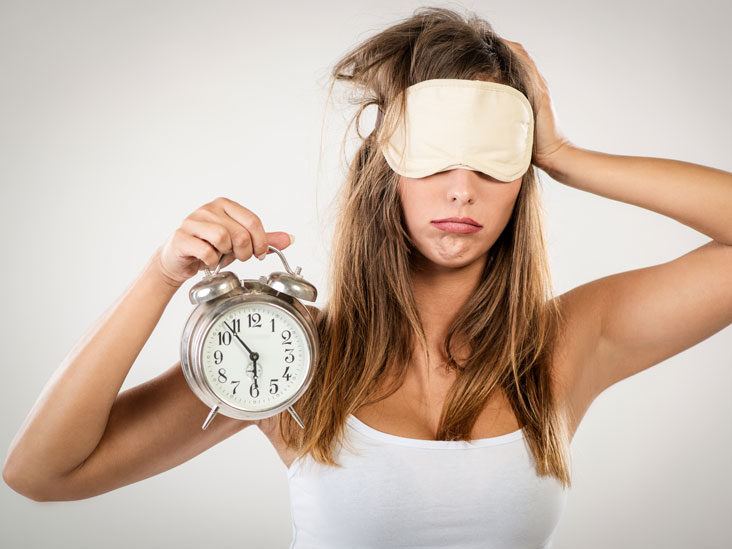
5. Pain is worse when sleep-deprived
Doctors, on the other hand, have known for a long time that sleeplessness and chronic pain are linked. Isn’t it true that being in constant discomfort makes it difficult to sleep? Sleep deprivation, on the other hand, appears to increase pain sensitivity.
Researchers discovered in the 1970s that preventing rats from experiencing any REM sleep made them more susceptible to unpleasant shocks than rats who were permitted to sleep normally. Another group of researchers discovered that patients who were deprived of sleep developed muscle discomfort around the same time. Patients who self-reported sleeplessness symptoms were also more sensitive to pain, according to a study from the mid-2000s. So, if a patient is suffering from chronic pain and also has insomnia, things could get even worse.
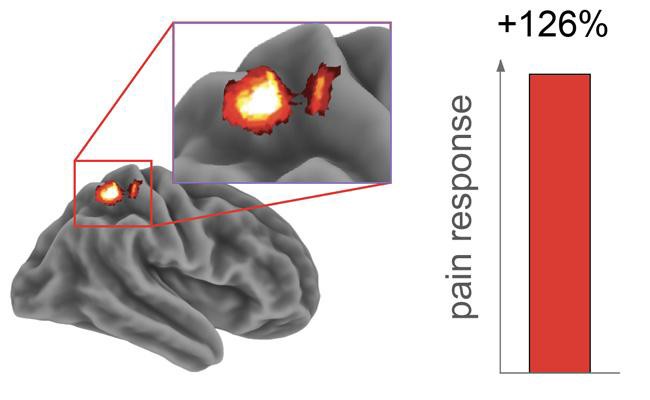
Evidence suggests that the sleep and pain systems share some brain circuitry. As a result, if one system fails, it’s possible that the other will as well. This link proved crucial in identifying and curing chronic pain syndromes like fibromyalgia, which can be severe and have a significant effect on life.
6. Sleep deprivation and healing
It’s exhausting to be unwell, but why is that? Sleep, it turns out, isn’t just required for our survival; it’s also necessary for healthy recovery. Researchers discovered in the late 1990s that when rats were deprived of sleep, their immune systems were hyper-activated, resulting in the production of a large number of inflammatory chemicals in their blood. An overactive immune system can cause a variety of issues, including chronic inflammation and auto-immune illnesses, in which the body’s immune system attacks itself.
Sleep deprivation makes burn wounds heal slower in rats, according to research published in the early 2000s. As a result of all of this data, experts believe that our immune systems require sleep in order to function correctly and combat illness. So, if you’re attempting to get rid of that cold, you should take lots of rest.
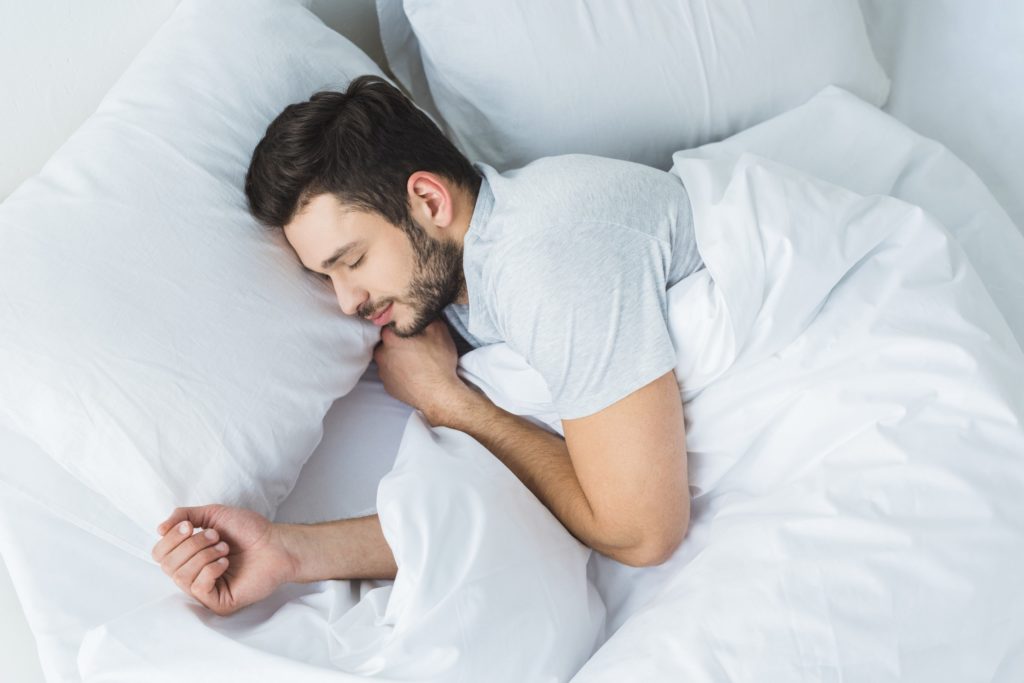
7. Blue light is bad for sleep
In the last few decades, technology has exploded. And it’s all happened so quickly that we’re still not sure how our devices are hurting our health. However, scientists are beginning to worry that technology may be interfering with our sleep as a result of study that began in the 1990s. The principal wavelength of light released by electronics such as cellphones and laptops, blue light, has a significant impact on the generation of melatonin, a sleep hormone. Natural light has a stronger effect than artificial light.
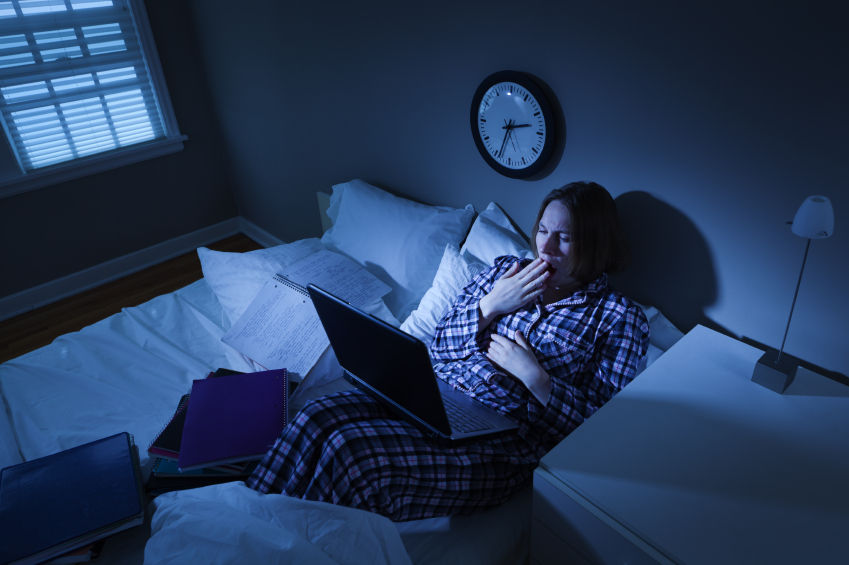
Furthermore, disrupting melatonin production can disrupt sleeping patterns and circadian rhythms, which can have a variety of health consequences. The effect is measurable, according to studies. People’s sleep cycles are disrupted when they are subjected to blue light for a few hours before night. In 2014, a group of researchers discovered that when participants read before bed using light-emitting e-reader devices rather than a paper book, they had a difficult time sleeping and were less attentive the next morning.
Researchers still don’t know what long-term effects such a disruption could have on your health. However, given not getting enough sleep appears to be a recurring problem here, we can probably assume that isn’t good. However, there are a variety of apps available that will change the light in your gadgets to warmer tones, which may help mitigate some of the negative effects of late-night cat videos.
8. Sleep cleans your brain
A study from 2013 yielded one of the most intriguing sleep findings in the recent five years. In mice, researchers discovered that during sleep, brain cells known as astrocytes contract, increasing the space between all of the brain cells by over 60%. More cerebrospinal fluid, or CSF, can leak through the cracks in the brain as a result. CSF is a transparent fluid that fills and cushions the brain and spinal cord and is produced by the brain. It’s similar to blood plasma and performs a crucial part in keeping the brain’s chemical equilibrium in check.

When CSF circulates across brain cells during sleep, it also serves as a cleaning fluid, removing any debris that has accumulated over the day. Because too much debris is known to cause disorders like Alzheimer’s, clearing out all of these toxic waste products, such as a form of protein called amyloid-beta, may be vital to brain health. So knowing what your brain’s dishwashing mode is could aid scientists in developing better treatments for neurodegenerative diseases.
9. Early human sleep habits
You’d probably guess that our forefathers slept more than we do now if you had to guess how much they slept. After all, they didn’t have any electric lights to keep them awake at night. That, it turns out, may not be the case. A study published in 2015 by experts working with hunter-gatherer communities revealed that they sleep less than their westernized colleagues. The tribe members were given activity trackers to wear while sleeping to monitor their mobility. They discovered that the individuals slept for 6 to 7 hours each night and moved and woke more than persons in industrial civilizations.
In many aspects, our predecessors’ lifestyles were comparable to hunter-gatherer lifestyles, leading experts to assume that these findings indicate that our forefathers slept approximately the same length of time as we do now, but their sleep wasn’t always as peaceful. As a result, Paleo sleeping is probably not the healthiest trend.
The bottom line- Facts about sleep
So, these were the surprising facts about sleep. All of these breakthroughs have had a significant impact on how scientists view and analyze sleep. We all know that not sleeping at all is dangerous, and that sleep deprivation can cause a variety of health issues. But there’s still a lot to learn, and maybe, with future sleep research, scientists will be able to fit all the pieces of the puzzle together and fully comprehend why we sleep.
For more articles, visit our website why-and-how.co

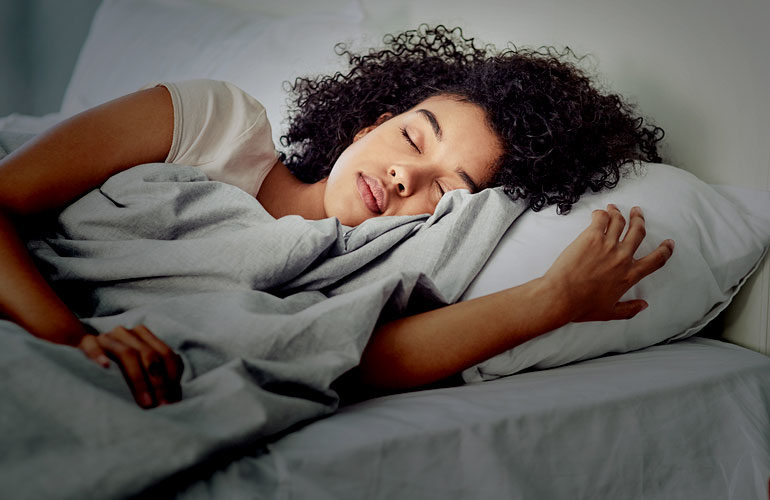
I am curious to find out what blog system you have been using? I’m experiencing some minor security problems with my latest blog and I would like to find something more safe. Do you have any solutions?